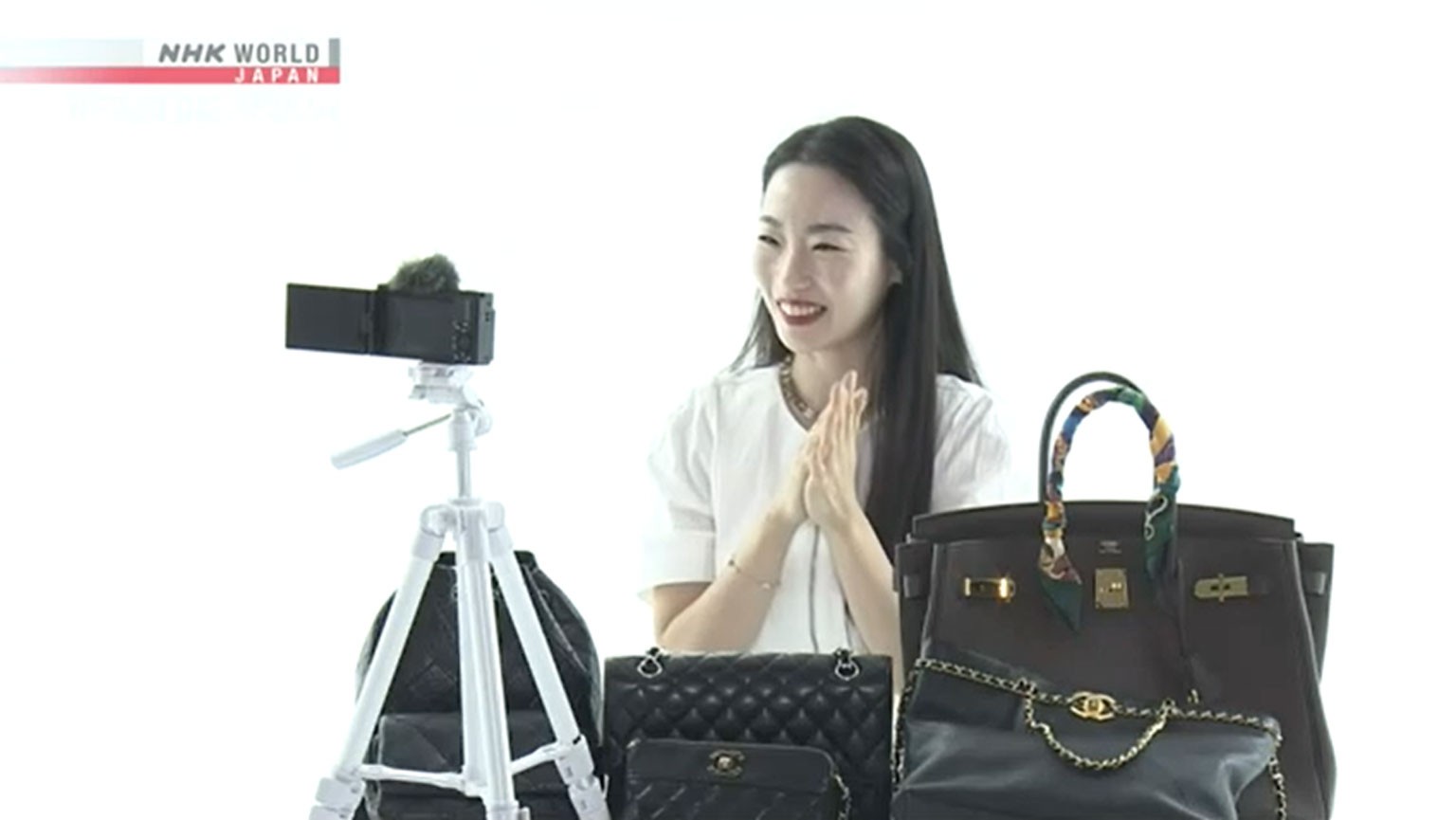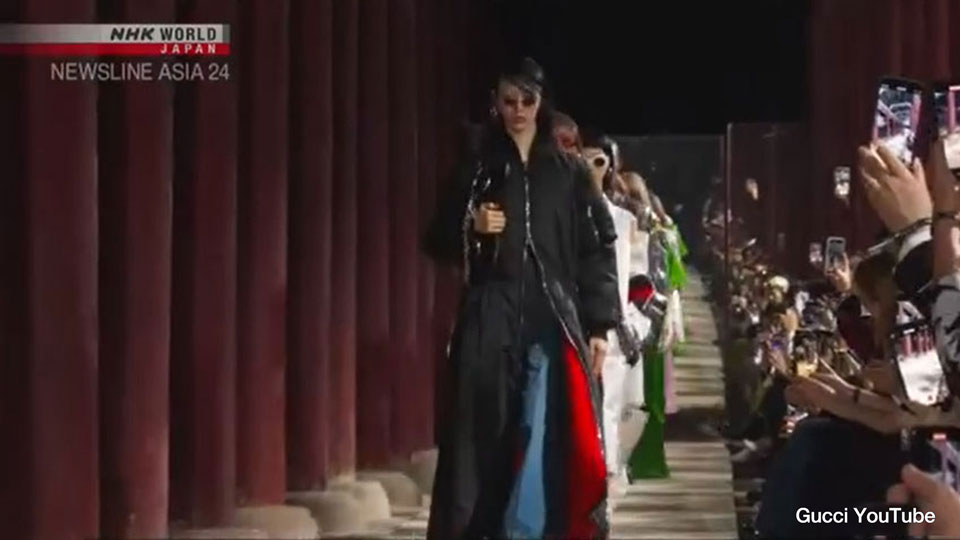
Some of the world's most famous fashion houses descended on Seoul earlier this year for runway shows. Models clad in the newest items sashayed in front of crowds at an ancient palace.
The events were the latest sign that South Korea is an increasingly crucial market for luxury brands. A survey by Morgan Stanley found that South Korean consumers spend 325 dollars per capita a year on luxury goods, compared with 280 dollars for their US counterparts and 210 dollars for Japanese shoppers.
"I have some Prada and Louis Vuitton," said a woman in Seoul. "I'd buy more if I could afford it."
YouTuber shows off her wares
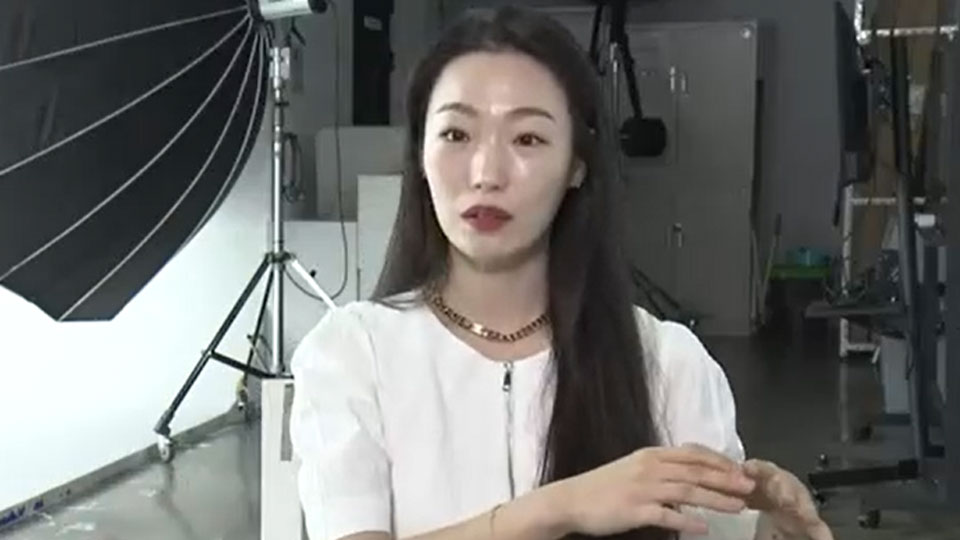
Some shoppers have started YouTube channels where they review items from their favorite brands.
"I find myself really drawn to luxury items," said Yoo Cho-rong, a YouTuber with over 20,000 subscribers. "I think of them as pieces of art that become part of our everyday lives. They are the one thing that makes me happy. I spend money on things that bring me happiness."
Surging housing costs driving luxury spending spree
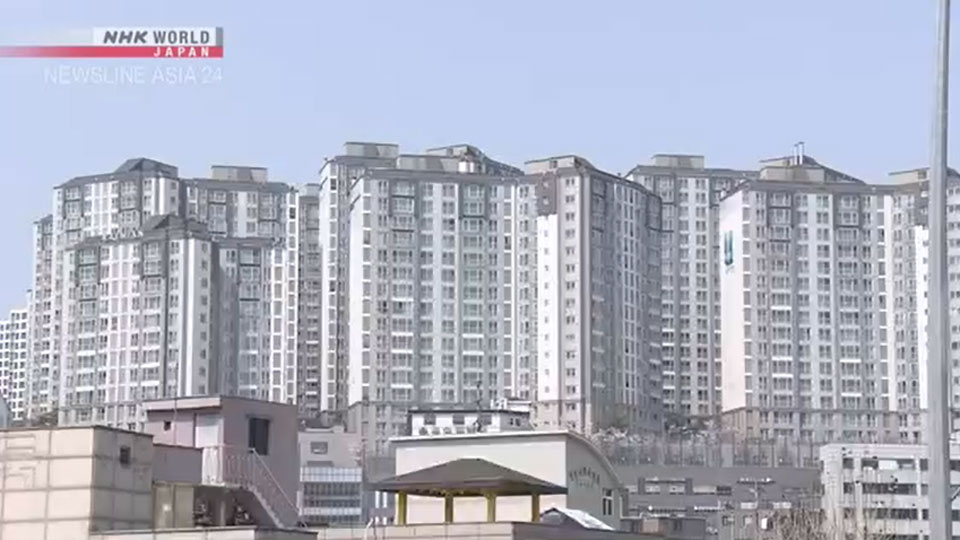
One factor believed to be behind the luxury boom is the sky-high cost of housing. Apartment prices in South Korea nearly doubled between 2017 and 2022, due in part to monetary easing measures implemented during the coronavirus pandemic. Prices are starting to come back down, but they remain out of reach for many.
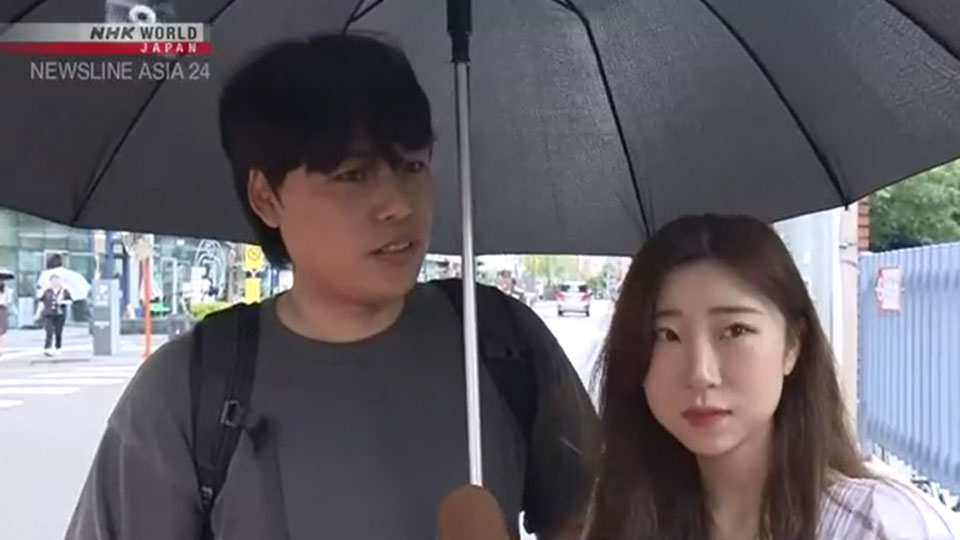
"We don't know if we can ever buy a house with our savings," said a young woman. "We'd rather be happy now."
Her boyfriend added, "Buying a home simply isn't realistic for people in their 20s or 30s. I'm spending on things I can use now."
One expert says young people are now diverting the money they would have saved for a house to luxury items.
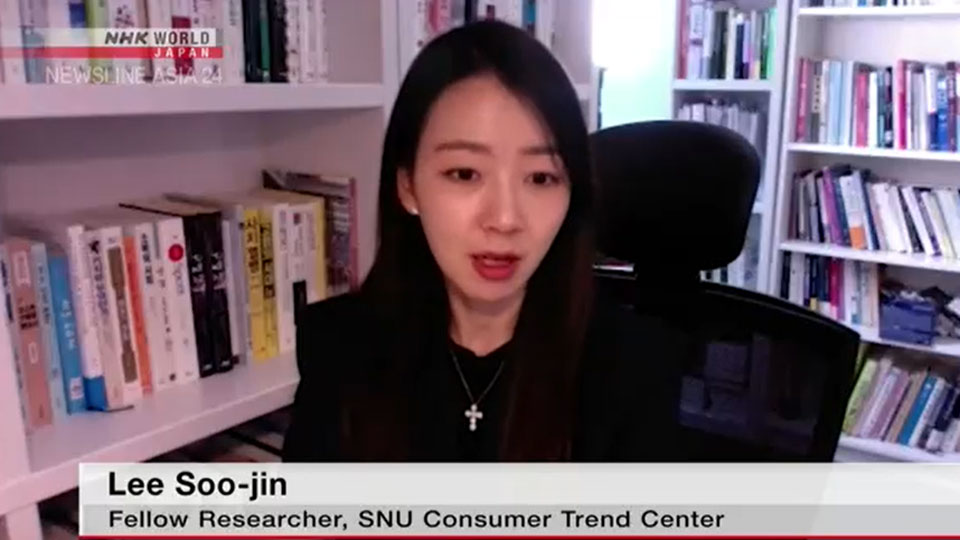
"People are starting to think that no matter how hard they try to save, they will never have enough for a home," said Lee Soo-jin, a researcher at the SNU Consumer Trend Center. "There is a new mindset that places a priority on instant enjoyment, rather than saving for the future."
Luxury brands are doing well in South Korea, but that success might not be sustainable. The country's poverty rate is high among OECD economies and some young people say they can't afford luxury items as they are already struggling to make ends meet.
Some consumers who are now indulging to enjoy the present are likely to curb their purchases, unless the future brings signs of brighter economic prospects.
